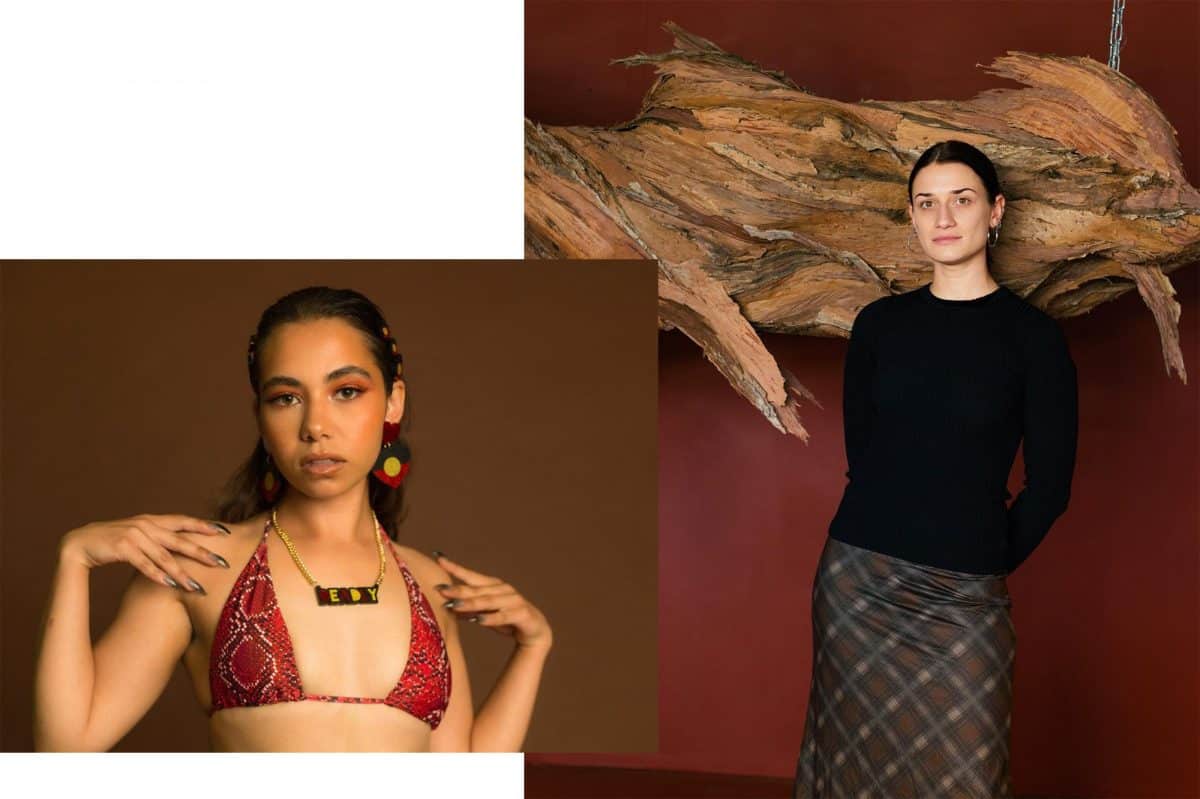
More than two decades ago L'Oréal and UNESCO – two entities grounded in the power of science – joined ranks to foster greater participation and opportunities for women in science. At the time, it was clear that there were simply not enough women in the industry and so, together they founded the 'For Women in Science' program. Each year the program recognises the trailblazing female scientists who, at the beginning of their career are making waves in their field by awarding them with a Fellowship to further their research. Today we celebrate the 'For Women in Science' fellows of 2021.
View this post on Instagram
Back when the program was established it was a dire time for women in science and technology, or STEM as it's often referred to. Even now only 28 per cent of researchers are women, with only 20 per cent found in the most senior leadership positions. Not only that, but only 3 per cent of Scientific Nobel Prizes have been awarded to women... So, it's never been more pertinent to rally around women in and entering the industry. With this in mind, let us introduce you to the five fellows of the 'For Women in Science' program for 2021.
Dr. Jiawen Li
Every hour more than 500 people across the globe experience heart attacks without any prior warning signs. Dr. Jiawen Li who cut her teeth at The University of California Irvine, before travelling to Australia to head the intravascular imaging program at the University of Adelaide, is absorbed in research around atherosclerotic coronary artery disease or CAD. She is on a mission to optimise diagnosis of CAD by identifying those most at risk of experiencing the syndrome.
Dr. Mahdokht Shaibani
It's clear that one pathway towards renewable energy is by utilising lithium-ion batteries. However, these batteries are only being manufactured in a handful of countries giving them the monopoly on an increasingly important industry. Dr. Mahdokht Shaibani seeks to change this. As a mechanical engineer she is working on a plan for Australia to start its own local lithium-ion manufacturing, considering that we already have access to the raw ingredients. This will be a monumental step in transitioning Australia to renewable energy.
Dr. Pip Karoly
Dr. Pip Karoly is endeavouring to increase the quality of life for people living with epilepsy. As we witness the rise of wearable devices like Fitbits and Apple Watches that monitor our physical activity and performance, Dr. Karoly is researching how to use this technology to track seizures, believing that just like our circadian rhythm, they occur in cycles.
Dr. Kirsty Nash
For Dr. Kirsty Nash, her research revolves around climate change and the consequences of this on our health. Specifically how severe environmental changes will impact what food is available for consumption and how this determines what nutrients we will have access to. At the moment, she is studying the way this relates to fish and seafood, as it is the core ingredient to the diets of over one billion people worldwide.
Dr. Olivia Harrison
Anxiety is the topic in which Dr. Harrison's research centres on. She is currently investigating the way individuals self-perception of their anxiety can be the key to unlocking effective treatment strategies.
Already, the future looks a lot sunnier in the hands of these five scientists. Read about their work in more depth at both L'Oréal and UNESCO's websites.
Image: Pinterest



